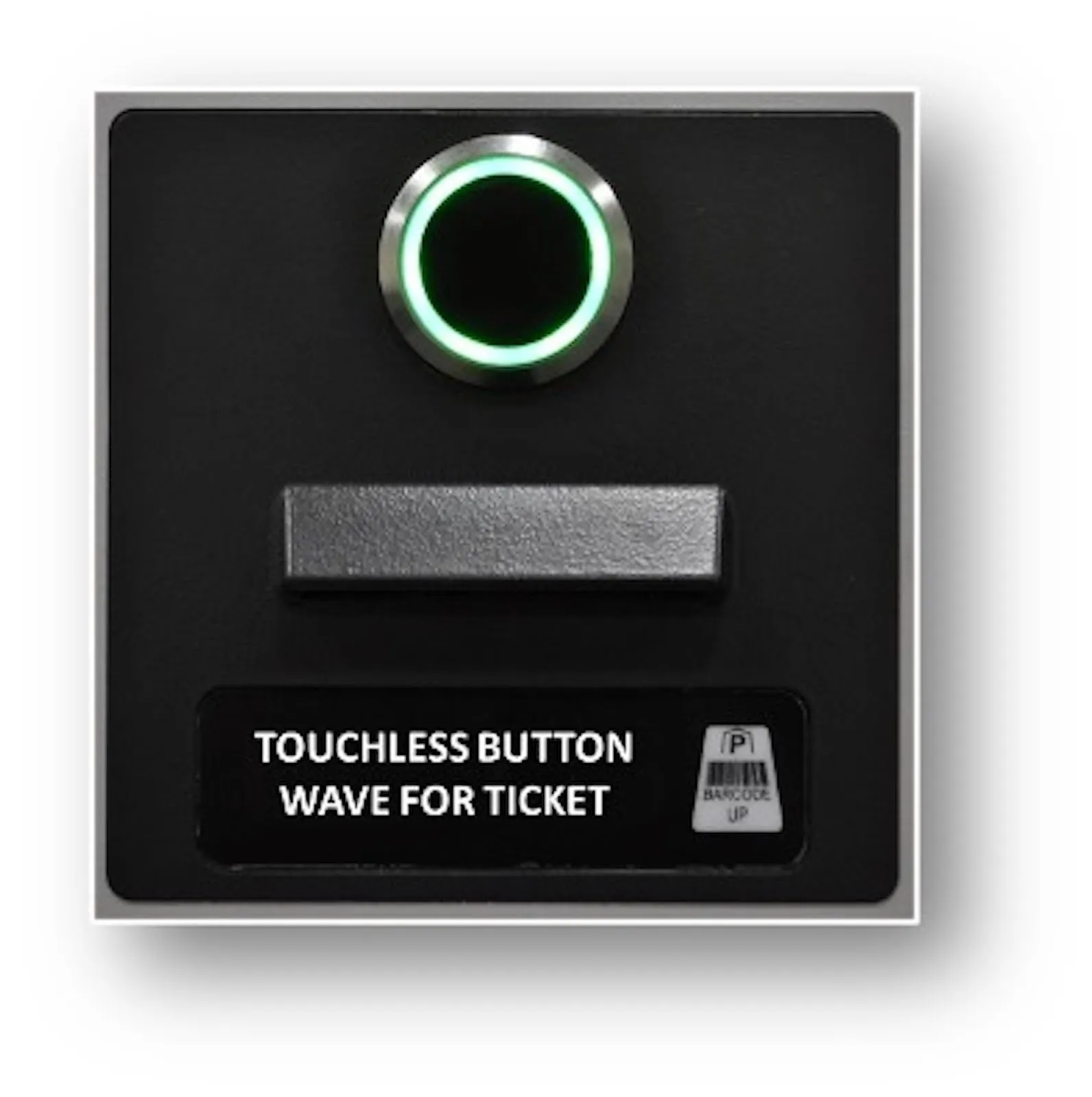
WPS has launched a set of touchless upgrades to its pay-on-exit ParkAdvance system to mitigate issues around possible virus transfer at barrier terminals and pay stations.
The solution includes a replacement touchless infrared ticket printer button for entry terminals where the customer simply waves their hand in front of the sensor for a ticket to be issued.
Pay stations can also be upgraded to touchless with the installation of a new surface-mounted, optical ticket scanner.
Instead of inserting a ticket and receiving it back (with a possible risk of virus cross-contamination between successive customer tickets), users now simply wave their ticket barcode in front of the optical scanner which reads a ticket without it needing to be inserted.
The payment can then be made using existing contactless payment card readers to complete the touchless experience.
WPS says that its high-accuracy automatic number plate recognition (ANPR) technology can be added - without the need for substantial additional investment - and coupled with cashless payment apps.
It offers new cashless ways to pay, allowing customers to scan their barcoded pay-on-foot ticket with a smartphone Pay Station in Your Pocket app. This avoids any need to visit a physical pay station, explains Simon Jarvis, managing director of WPS in the UK.
“With its fully-IP based architecture and modular design, our ParkAdvance system is yet again showing its inborn flexibility to meet emerging challenges and opportunities,” said Jarvis.








